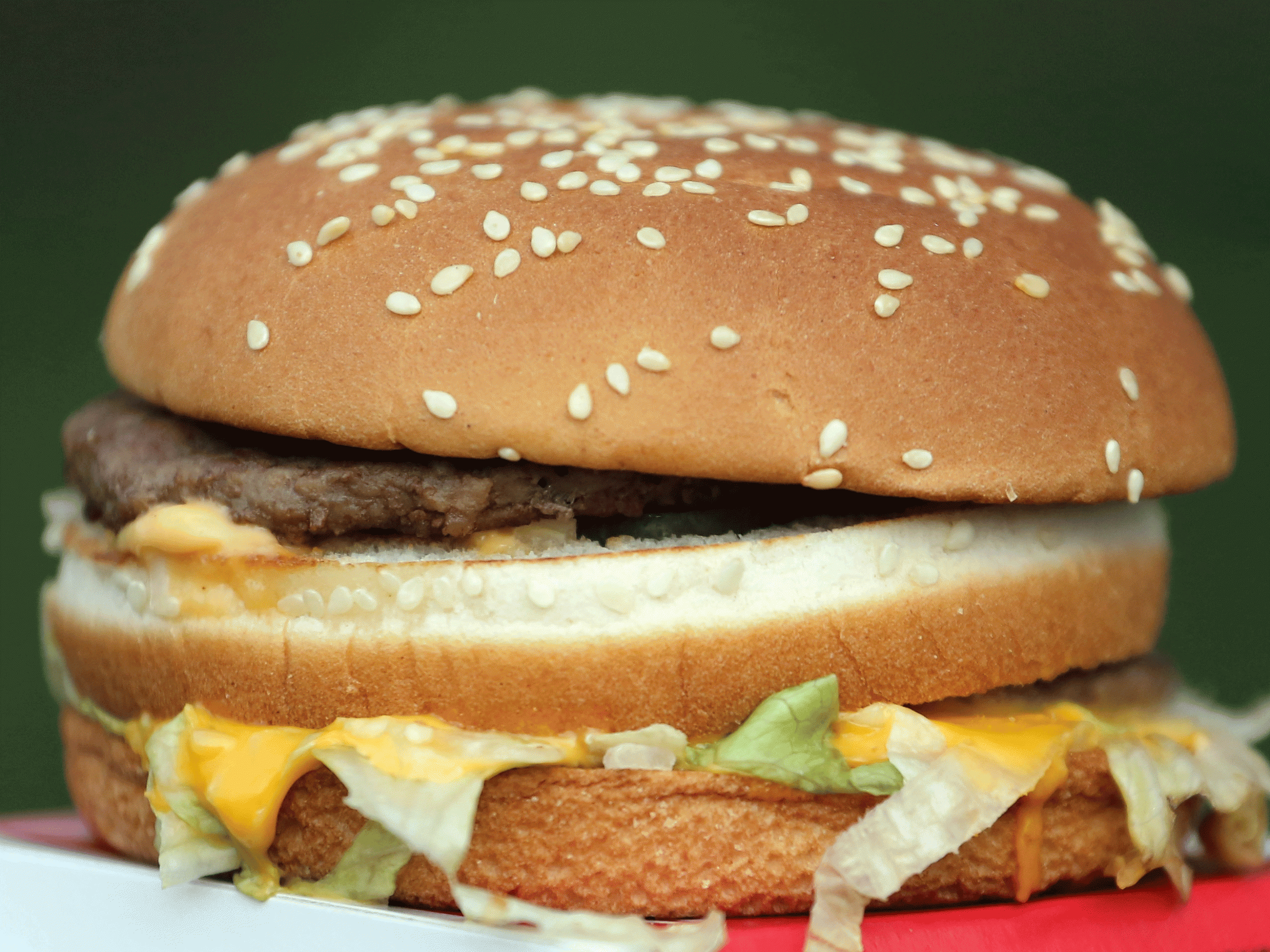Laboratory-grown burgers could be on sale in five years
A prototype of a burger grown in a laboratory was produced three years ago costing £215,000 to make

Your support helps us to tell the story
From reproductive rights to climate change to Big Tech, The Independent is on the ground when the story is developing. Whether it's investigating the financials of Elon Musk's pro-Trump PAC or producing our latest documentary, 'The A Word', which shines a light on the American women fighting for reproductive rights, we know how important it is to parse out the facts from the messaging.
At such a critical moment in US history, we need reporters on the ground. Your donation allows us to keep sending journalists to speak to both sides of the story.
The Independent is trusted by Americans across the entire political spectrum. And unlike many other quality news outlets, we choose not to lock Americans out of our reporting and analysis with paywalls. We believe quality journalism should be available to everyone, paid for by those who can afford it.
Your support makes all the difference.Burgers grown in a laboratory could be on sale in five years’ time.
Two years ago a Dutch team created the world’s first laboratory-grown burger, which was made and eaten in London, according to the BBC. It cost £215,000 to produce.
Now researchers – aiming to tackle the growing demand for meat – are to set up a new company, Mosa Meat, to make a tastier and cheaper version which they hope will be on general sale in 2020.
Peter Verstrate, head of the new company, told the BBC: “I am confident that when it is offered as an alternative to meat that increasing numbers of people will find it hard not to buy our product for ethical reasons.”
Mr Verstrate has formed Mosa Meat with Professor Mark Post, who produced the prototype burger at his laboratory in Maastricht University in the Netherlands.
According to the BBC, the process of creating the burger started with stem cells being extracted from cow muscle and cultured with nutrients.
Having multiplied, the stem cells were then put into smaller dishes where they came together to form muscle, and then mixed with fat.
Mosa Meat has said it wants to develop a laboratory-grown minced meat burger which would taste like the real meat version and cost the same as it to buy.
Last month, the Labour party's newly-appointed spokeswoman for the farming industry, Kerry McCarthy, came under scrutiny when she suggested that meat-eaters should be treated in the same way as smokers and targeted with campaigns urging them to become vegetarians.
She had told a vegan magazine: "I really believe that meat should be treated in exactly the same way as tobacco, with public campaigns to stop people eating it.
"Progress on animal welfare is being made at EU level... but in the end it comes down to not eating meat or dairy."
Join our commenting forum
Join thought-provoking conversations, follow other Independent readers and see their replies
Comments